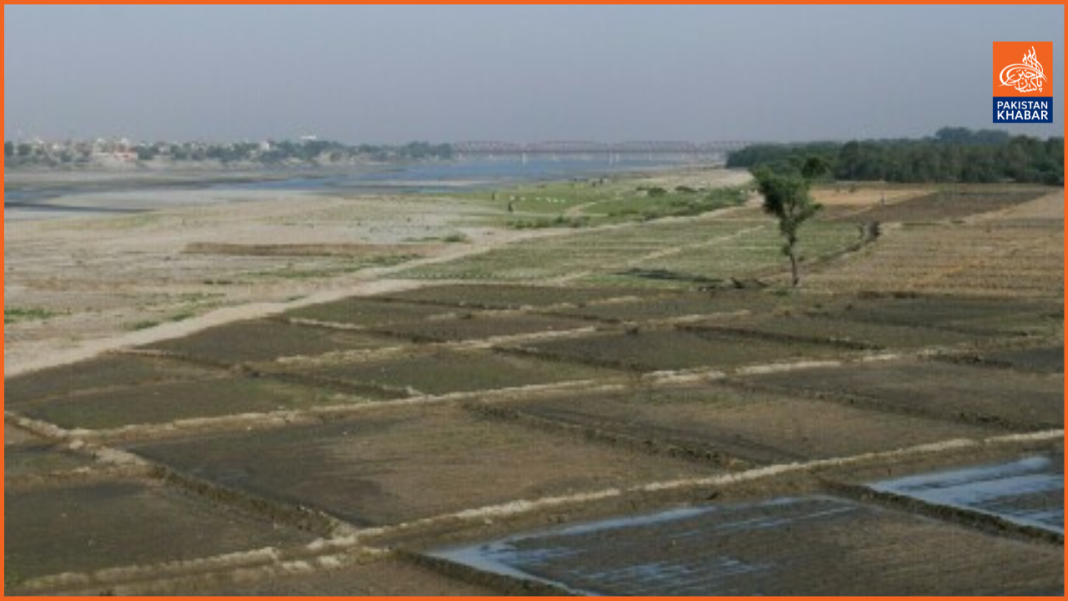Declaring that no side may unilaterally suspend the 1960 pact, which remains legally binding under international law, the government has fiercely disputed India’s allegation that it has placed the Indus Waters Treaty (IWT) in abeyance following the Pahalgam incident.
Pointing out that the treaty clearly specifies it shall stay in force until both countries voluntarily agree to change or replace it, Federal Law Minister Azam Nazzag stated the act itself was “illlegal.”
Every modification to the treaty has an obvious process. Indeed, we will answer the letters India submitted on April 8 and thereafter in line with the text and terms of the treaty, he informed Parliament House reporters.
Responding to a query, Mr Tarar pointed out that New Delhi had claimed to have put the pact “in abeyance,” hence it was premature to discuss any official notice to India.
“There is absolutely no clause allowing one to unilaterally put the pact in abeyance. For this reason, he said, they most likely employed imprecise phrasing.
Pakistan’s ultimate response would be shaped, he said, in line with all pertinent ministries, including foreign affairs, water resources, law and others.
Worldwide acknowledged agreement
Minister of State for Law and Justice Barrister Aqeel Malik separately stated Islamabad would approach international venues, including the World Bank, about India’s suspension of the Indus Waters Treaty.
Mr Malik underlined Pakistan’s position that New Delhi lacks legal jurisdiction to unilaterally suspend the treaty when speaking to media at a reception in his honor on Friday.
The World Bank brokered the widely accepted accord known as the Indus Waters Treaty, which lacks a clause allowing for unilateral suspension.
“Water is a vital national interest — a lifeline for 240 million Pakisṣtaṭ,” he added, adding that such unidirectional measures by India directly threatened Pakistan’s water security.
According to Mr Malik, the administration has developed a legal plan designed to move the matter. “Violations of the treaty could escalate regional tensions and lead a worldwide reaction,” he said.
Declaring for a fair and open probe into the Pahalgam incident, he claimed Pakistan had brought up India’s charges with US Secretary of State Marco Rubio.
According to him, back-channel diplomacy was in progress to help Islamabad and New Delhi to defuse conflict.
“We are in touch with international leaders through diplomatic channels,” he said, applauding efforts at mediation by Iran, China, Saudi Arabia, and other Gulf nations to stop more escalation between Pakistan and India.
Amjad Iqbal in Taxila helped with this report as well.



